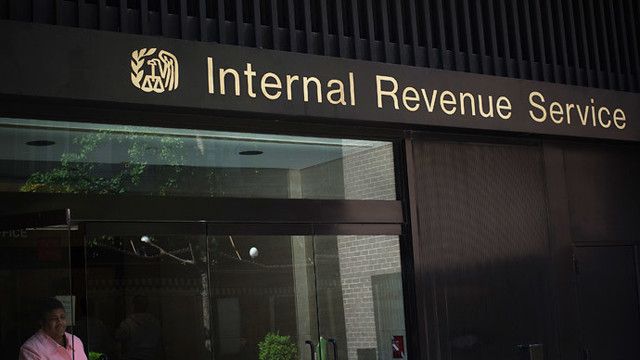On October 9, the IRS announced it had released new guidelines for the crypto industry. The last time the IRS did this was five years ago. Lack of legal clarity has been cited as one of the factors that are preventing mass adoption. These latest guidelines are a small but important step towards providing legal clarity for the crypto industry in the US.
About the New Guidelines
The guidelines are an update on the guidance that the tax authority provided in 2014. This new guidance is intended to help citizens of the US better understand their tax obligations when it comes to transactions involving cryptocurrency. There is even a frequently asked questions section to help taxpayers make the right choices. The rules address questions that people in the industry or those that intend to join the industry usually ask. For those holding crypto as a capital asset, they will find the guidelines quite useful.
A Commitment to Taxpayers
According to Chuck Rettig, who is the IRS Commissioner, these guidelines have been released, as part of the organization’s commitment to helping people understand their tax obligations. It is especially important to release these guidelines since the industry was rapidly changing, according to him. He added that the rules would help taxpayers to ensure the fair enforcement of the law when it comes to paying taxes.
Initial Guidance
The first time the IRS issued guidance for the crypto industry was in 2014 when it released Notice 2014-21. Since then, it has been closely monitoring the sector. It also wants members of the public to provide it with input on how it can better regulate this industry.
In the first guidance, the IRS concluded that cryptocurrencies should be considered property when paying federal tax. The notice went on to clarify how taxation would apply to transactions involving virtual currencies.
Cryptocurrency Payments
One of the ongoing issues that eliminates mass adoption is the ability for cryptocurrency to be taxed when using as a form of payment. This is a major reason why many merchants aren’t accepting digital assets yet and why people are hesitant to use crypto as a form of payment. If somebody has held Bitcoin for a year and has a capital gain, why would they want to spend it on goods when they know they will be taxed? It’s why the store of value proposition for Bitcoin is so strong right now. Many people are “HODLING” which means holding their Bitcoin and not selling. If the IRS doesn’t alter their tax code on crypto payments, its hard to see the narrative every changing. According to the IRS documents, its quite clear how they assess payments in cryptocurrency.
“If you pay for a service using virtual currency that you hold as a capital asset, then you have exchanged a capital asset for that service and will have a capital gain or loss.”
Still Pursuing Those Who Do Not Pay Tax
In the announcement, the IRS addressed those who neglect paying tax for their crypto transactions. To deal with the issue, the IRS was taking various steps such as educating taxpayers, opening criminal investigations as well as carrying out audits.
One of the measures the IRS has taken is working closely with exchanges to analyze various crypto transactions and determining which users were not reporting their crypto transactions. In July this year, the IRS used data it had collected to send over 10,000 letters to those who may not have reported their crypto transactions correctly or those that had not reported them at all.
The IRS insisted that those who fail to report their transactions might be forced to pay penalties and interest. In some cases, taxpayers might be charged in court. When this happens, they might be sent to jail or they may be forced to pay huge fines.
Image Source: Flickr
Notice: Information contained herein is not and should not be construed as an offer, solicitation, or recommendation to buy or sell securities. The information has been obtained from sources we believe to be reliable; however no guarantee is made or implied with respect to its accuracy, timeliness, or completeness. Authors may own the crypto currency they discuss. The information and content are subject to change without notice. Visionary Financial and its affiliates do not provide investment, tax, legal or accounting advice. This material has been prepared for informational purposes only and is the opinion of the author, and is not intended to provide, and should not be relied on for, investment, tax, legal, accounting advice. You should consult your own investment, tax, legal and accounting advisors before engaging in any transaction. All content published by Visionary Financial is not an endorsement whatsoever. Visionary Financial was not compensated to submit this article Please also visit our Privacy policy; disclaimer; and terms and conditions page for further information.

